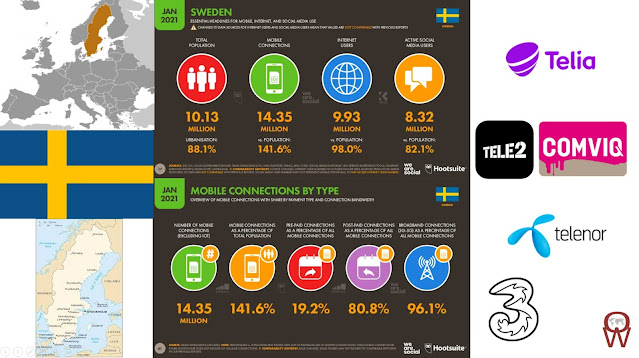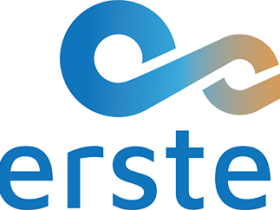
Telecommunication Companies in Sweden
Sweden has a robust and advanced telecommunications industry, driven by innovation and a well-developed infrastructure. The country is known for its high internet penetration rate, excellent mobile network coverage, and pioneering advancements in telecommunications technology. Swedish telecom companies are pivotal players in the domestic market and have a significant presence globally. Below is an overview of major telecommunications companies operating in Sweden.
1. Telia Company
Telia Company is Sweden’s largest and most established telecommunications provider. Founded in 1853, it was initially a state-owned company and has since evolved into a multinational telecom leader. Telia offers a wide range of services, including mobile, broadband, and fixed-line telephony, as well as television and digital solutions. The company is known for its high-speed mobile networks, including 5G, and serves both private and business customers across Sweden and internationally. Telia is also committed to sustainability, focusing on reducing its carbon footprint.
2. Tele2 AB
Tele2 AB is another major player in Sweden’s telecommunications market. Established in 1993, the company provides mobile, broadband, and fixed-line services. Tele2 is renowned for its competitive pricing and innovation in customer service. It was among the first in Sweden to offer unlimited data plans and has played a key role in expanding 5G networks. Tele2 also serves enterprise customers with tailored solutions for connectivity and digital transformation.
3. Telenor Sweden
Telenor Sweden, part of the Norwegian Telenor Group, is a prominent telecom operator in the Swedish market. The company offers mobile, broadband, and television services to both individual and corporate clients. Known for its strong customer service and innovative offerings, Telenor has been actively rolling out 5G networks to enhance connectivity. The company also provides advanced business solutions, including cloud services, IoT (Internet of Things) connectivity, and cybersecurity.
4. Three (3) Sweden
Three Sweden, a subsidiary of Hutchison Whampoa, is a dynamic telecommunications provider known for its focus on mobile services. Since entering the Swedish market in 2003, Three has gained a reputation for its competitive pricing, high-speed data plans, and innovative product offerings. The company is a favorite among younger consumers due to its flexible subscription plans and emphasis on digital services, such as streaming and gaming.
5. Com Hem (Part of Tele2)
Com Hem was one of Sweden’s leading providers of broadband and television services before merging with Tele2 in 2018. Although now integrated under the Tele2 brand, Com Hem’s legacy continues through its high-quality services. The company’s infrastructure includes extensive fiber-optic networks, which provide ultra-fast internet speeds and reliable television services.
6. Bredbandsbolaget (Integrated with Telenor)
Bredbandsbolaget was a major broadband provider in Sweden before its operations were merged with Telenor in 2018. The company was known for its fiber-optic networks and affordable broadband plans. Its integration with Telenor has strengthened the latter’s broadband and internet offerings, allowing it to reach a larger customer base.
7. Netnod
Netnod is a critical part of Sweden’s telecommunications ecosystem, operating internet exchange points and providing DNS services. The organization ensures efficient data traffic routing and internet infrastructure stability in Sweden and other parts of the Nordic region.
Conclusion
Sweden’s telecommunications market is highly competitive, with companies continuously innovating to provide better services to customers. The sector benefits from strong government support, advanced technology, and a highly digitalized population. Companies like Telia, Tele2, Telenor, and Three are not only improving local connectivity but also playing a significant role in shaping global telecommunications trends. The future of the industry in Sweden looks promising, with ongoing investments in 5G and other advanced technologies.





Leave a Reply